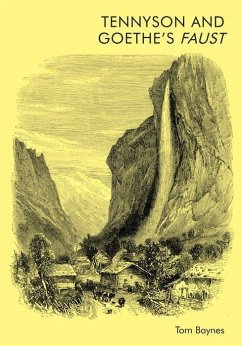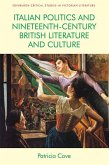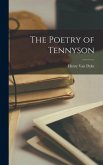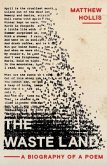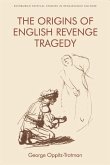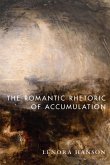Faust was a central influence on Tennyson's creative life Tennyson's interest in Goethe's masterpiece began around 1824. It reached a remarkable level of intensity in 1833-34, and continued, intermittently, until 1855. The powerful influence that Faust exerted on his writings was mediated, most notably, by the translations of Abraham Hayward (1801-84), and it was often combined with that of a number of closely related works, by authors including Schiller, Byron, Shelley and Carlyle. This book reveals for the first time that Goethe's masterpiece is a presence in at least two dozen of Tennyson's poems, including several that are part of the canon of British literature. Tom Baynes is the author of numerous journal articles and the recipient of the 2017 RES Essay Prize.

